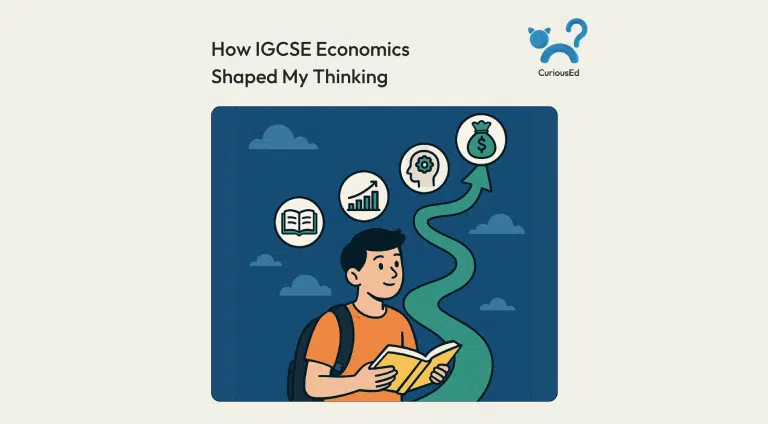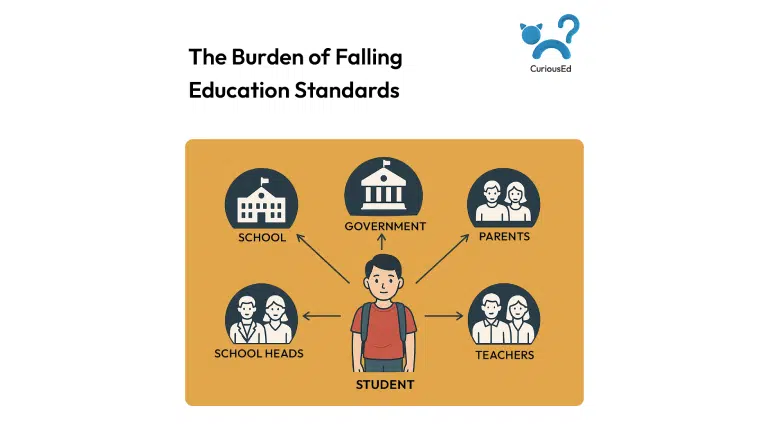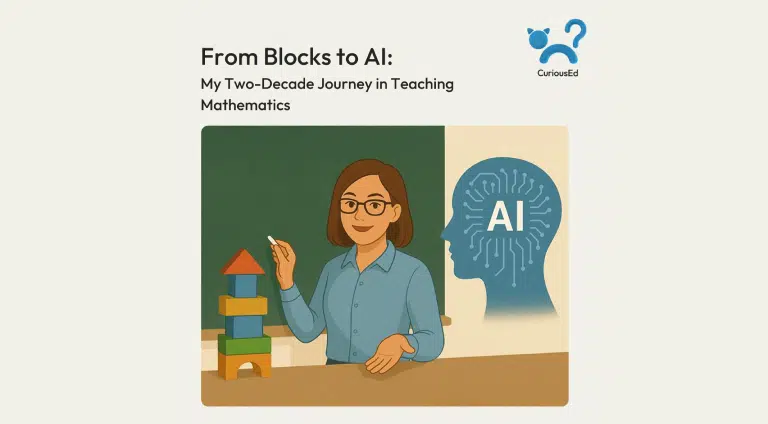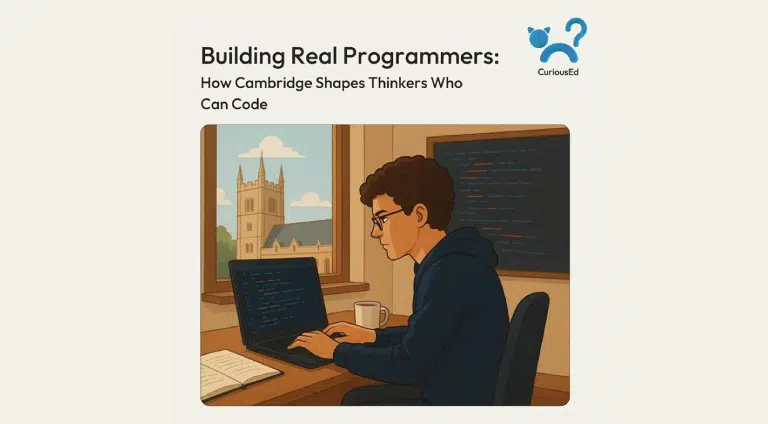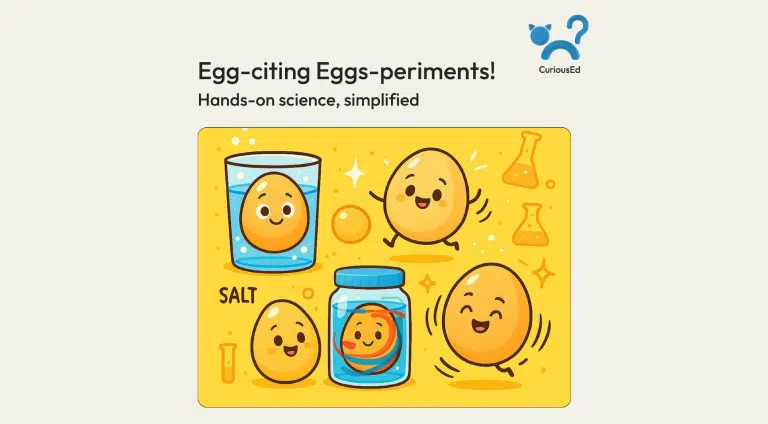Would you believe me if I said that during our lunch break, my classmates and I often found ourselves discussing economics? When academics was not even supposed to peek into that sacred time of the day?
I vividly remember the first time economics was introduced to me. I was in ninth grade. I, like my classmates, was excited to learn impressive economic concepts, price determination, equilibrium, and disequilibrium. I was shifting in my seat, fixing my notes, and fidgeting with my pen. But the class completely knocked me off my senses. It wasn’t about price determination, equilibrium, and disequilibrium. It wasn’t even about supply, demand, or any of the topics we could have anticipated. It was about choice. Not about choice, economically, per se, but about choice. The ability to choose. That class challenged us to question the chameleonic nature of choice and to reckon with our own perceptions of it.
That one class, that one discussion, would fuel my desire to pursue Economics as a formal discipline.
The Cambridge Economics Experience
Looking back, I realise now the structure and clarity of the IGCSE Economics curriculum. It started, cleanly and clearly, with fundamental questions of scarcity, choice, and opportunity cost that I had been unconsciously asking myself. IGCSE Economics contextualized them using a logical framework and brought these discussions to the classroom. For example, I wondered about international trade and pricing, and about how I could understand these concepts, and my friends immediately piped in with a discussion about the functioning of OPEC. Suddenly, my questions became my classmates’, and our questions became the stepping stones of our study of the world around us.
The syllabus then gained some momentum by adding theories that would logically and mathematically establish connections between phenomena. For example, theories such as resource allocation and market failure helped us understand and contextualise a newly demonetised country, and theories like elasticity helped us understand why the demand for iPhones might change, while the demand for essential medicine might not.
IGCSE Economics did not let me stay detached from the real world; it instead pushed me, a once apolitical and uninvolved student, to open the newspaper and engage with what was happening in the world. The syllabus didn’t just teach me concepts; it gave me a lens to interpret policies, debates, and economic events through structured reasoning.
The Cambridge assessment structure also made it clear to me that mere memorization of concepts wouldn’t be enough. With question types that asked me to define, identify, analyse, and evaluate, I had to truly engage with the ideas we were learning. It pushed me to weigh the strengths and weaknesses of different concepts and understand how they connected to one another. This meant that topics were not studied in isolation, but rather as interconnected parts of a broader economic system. Understanding something like price elasticity wasn’t just about knowing the definition; it meant thinking about how it applied to real-world scenarios, how it related to tax policy, market failures, consumer behaviour, and more. Over time, I found myself moving beyond surface-level answers and starting to connect ideas, challenge assumptions, and build coherent arguments.
The syllabus was coherent and connected, with each topic logically building upon the one before it. Before we knew it, we completed IGCSE Economics and had to choose our AS and A levels. It was a no-brainer.
A Shift in Perspective: Thinking through an Economic Lens
AS & A Level Economics blended theoretical concepts with real-world application. The course taught me that while definitions and diagrams are a crucial part of economics, it’s equally important to understand, say, how government policies affect unemployment or how inflation impacts purchasing power. It changed the way I think as an individual, not just a student. It introduced me to frameworks for critical thinking that I could apply to all kinds of situations. Concepts like cost-benefit analysis and opportunity cost became second nature to me. Rather than relying purely on heuristics or instinct, I started weighing both the seen and unseen costs before making decisions. It reshaped how I think through problems, whether academic or personal.
As I continued applying economic thinking in my day-to-day life, I also began to pay attention to the broader effects of decisions, what economists call externalities. I came to understand that policies or personal choices rarely impact just one group. In class, we were constantly encouraged to ask questions like: Who else is affected by this? What are the unintended consequences? A subsidy, for example, stopped being just a government handout. I now saw it as a signal to producers, a shift in how resources are distributed, a potential market distortion, and even a future tax burden. I realised that almost every situation had layers of impact and multiple actors, each operating with their own incentives and constraints. Thinking economically meant unpacking all of that.
It also trained me to approach decisions with more structure and less impulse. I found myself moving away from asking binary questions like “Is this good or bad?” and instead leaning into more thoughtful ones: “What trade-offs are involved?” or “What incentives are shaping this outcome?”. By breaking down decisions into causes, effects, and ripple effects, AS & A Level Economics provided a toolkit for navigating complexity, allowing me to comprehend the interactions between various actors, constraints, and concepts.
This permeated my news reading as well. Instead of merely interpreting a headline about a strike or an increase in fuel prices as a disruption, I now attempted to piece together the causal chain. I would consider producer costs, inflationary pressures, wage expectations, policy reactions, and even long-term political factors. I was able to understand the true reality behind a news story, a skill that is key to any form of research. AS & A Level Economics helped me hone this skill from an early age, and now, research meant having the superpower of excluding the customary coffee-pot(s)!
All of this ultimately led me to want to pursue Economics at the university level. Studying the subject through IGCSE, AS, and A Levels was both challenging and rewarding. Cambridge Economics was not just about what was happening in a concept but also about how and why it was happening. That ability to dig into the underlying mechanics of the world around me made it clear that economics had far more to offer than I initially imagined, and I knew I had to take it further in college.
From IGCSE to University: How Cambridge Economics Built My Foundation
Now that I’m studying economics at university, I’ve come to appreciate just how much of a head start the Cambridge curriculum has given me. University Economics is often built on ideas I first encountered in IGCSE or A Levels, just in a more formal, mathematical language. Because Cambridge had already equipped me with a strong conceptual base, I wasn’t overwhelmed when these same ideas were dressed in equations or graphs. I entered university with a clear sense of the field’s breadth, armed with Cambridge’s well-rounded foundation that covered everything from microeconomics and macroeconomics to behavioural economics. I made deliberate and informed choices about the areas I wanted to explore further. I chose my electives a lot more strategically than most of my peers, who often found themselves at crossroads when it was time to pick their electives.
To this day, I find myself returning to my Cambridge Economics notes. Cambridge has always had my back when I need conceptual clarity to understand the subject.
Conclusion
In many ways, Cambridge Economics laid the intellectual groundwork that I rely on in my everyday life. Whether it is during research projects, during my learning, or my everyday life, I find myself using the framework that I had developed studying Cambridge Economics. The habits I imbibed while studying Economics have become intrinsic to the way that I operate today and have allowed me to tackle both my academic and non-academic challenges. Cambridge Economics to me is not just a subject I studied in high school; it is, more importantly, the tool that has shaped how I understand and engage with the world.
The value of studying IGCSE, AS & A Level Economics extends far beyond just those who plan to pursue it in the future; it equips all students with tools and perspectives that remain relevant regardless of their career choices.
By Simir Reddy
Simir studied Economics as part of the IGCSE and AS & A Levels curriculum at Manthan School. He is currently pursuing a degree in Economics at Jindal University. Simir is spending his summer working on Adaptive Learning as a Summer Intern at CuriousEd.

